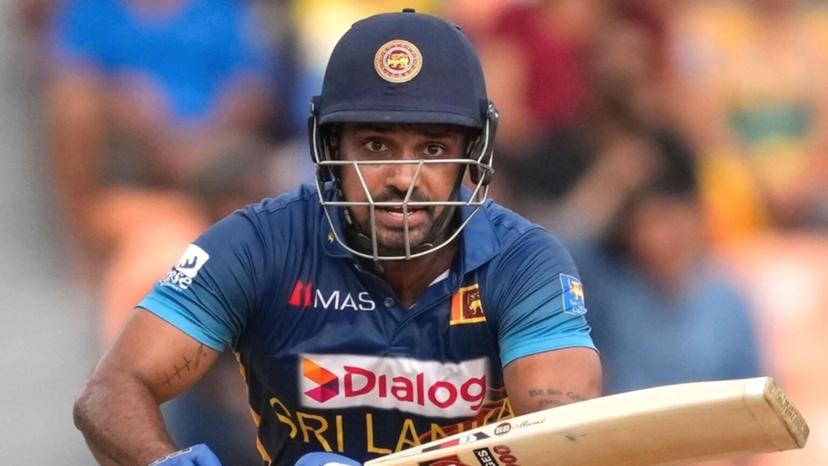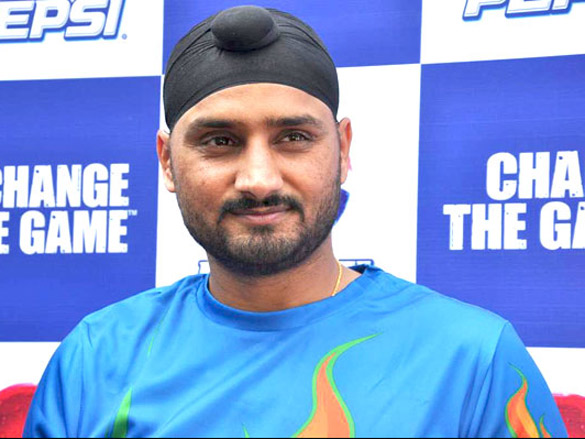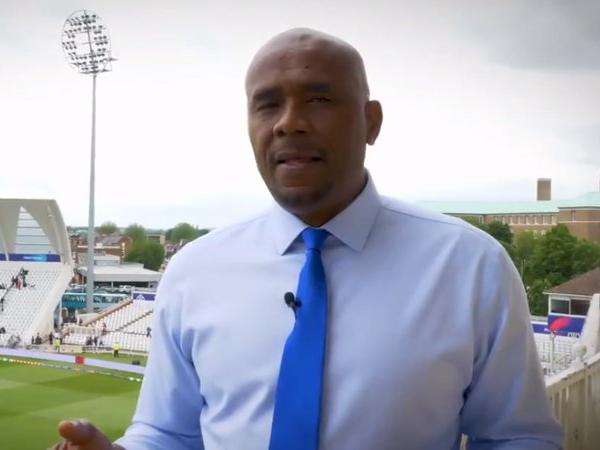

Maryland voters in both parties were watching returns late Tuesday in competitive primary elections for governor that pitted experienced leaders against political outsiders vowing to shake up the system, and that could take days to decide because of the state’s drawn-out process of counting ballots.
Democrats were choosing among a field of nine candidates, the top tier of which included Tom Perez, a former Democratic National Committee chairman and labor secretary; Peter Franchot, the state comptroller, who has been in Maryland politics since 1987; and Wes Moore, a best-selling author and former nonprofit executive who campaigned as a political newcomer.
Republicans, as they have done in several other states this year, were choosing between a moderate embraced by the establishment and a far-right candidate who has amplified lies about the 2020 election and is endorsed by former President Donald J. Trump.
The Trump-backed candidate, Dan Cox, a first-term state delegate, was facing off against Kelly Schulz, the choice of Gov. Larry Hogan, who is barred by term limits from seeking re-election.
Because Maryland law prohibits the processing and counting of ballots returned by mail and in drop boxes until Thursday, the outcome of the closest races might not be known for days, several campaign officials warned.
As Democrats try to retake a governor’s office that has been held since 2015 by a Republican, Mr. Hogan, their primary contest was defined by stylistic differences rather than ideological ones. Mr. Perez and Mr. Franchot emphasized their long experience in government, while Mr. Moore argued that the party needed new blood.
“You know what you’re going to get with Tom Perez,” Mr. Perez said last week in an interview outside an early-voting site in Silver Spring. “It’s a workhorse, not a show horse. It’s someone with a proven track record of getting stuff done.”
In an interview on Tuesday on MSNBC, Mr. Moore dismissed criticism that he had given misleading impressions about his personal history and accomplishments, and said the real risk would be elevating an establishment candidate.
“People are not looking for the same ideas from the same people,” he said.
Mr. Cox, whose campaign raised little money, was the beneficiary of more than $1.16 million in television advertising from the Democratic Governors Association, which tried to help his primary campaign in hopes that he would be easier to defeat in the general election. Democrats across the country have employed similar strategies to aid far-right Republicans in G.O.P. primaries this year, despite the risk that it could backfire.
If Ms. Schulz, who served as a cabinet secretary for Mr. Hogan, wins the primary, D.G.A. officials said they would probably have to invest more in the general election. Ms. Schulz predicted in an interview that if Mr. Cox made it to the general election, he would lose by 30 percentage points.
At least 169,000 Democratic absentee ballots and more than 38,000 Republican ballots had been returned as of Monday, according to the State Board of Elections. Another 204,000 Democratic and 58,000 Republican absentee ballots were mailed to voters and remain outstanding. Ballots postmarked on Tuesday will count if they are received by July 29.
Another 116,000 Democrats and 51,000 Republicans voted during the state’s eight days of early in-person balloting, which ended last week.
The turnout was expected to outpace past competitive primaries in Maryland. Four years ago, in another closely contested Democratic primary for governor, 552,000 people voted. Officials involved in the Democratic campaigns expected between 600,000 and 700,000 votes this year in the primary for governor.
The Republican turnout picture was murkier. There has not been a meaningful statewide G.O.P. primary in a midterm year since 2014, when Mr. Hogan first ran. That year, 215,000 Republicans voted.
In the state’s open contest for attorney general, Republicans were choosing between Michael Anthony Peroutka, who has on several occasions spoken to the League of the South, a group that calls for the states of the former Confederacy to secede again from the United States, and Jim Shalleck, a prosecutor who has served as president of the Montgomery County Board of Elections.
In the Democratic primary, Representative Anthony Brown, who served as lieutenant governor under Gov. Martin O’Malley, was facing off against Mr. O’Malley’s wife, Katie Curran O’Malley, who was a judge in Baltimore for two decades.
Republicans have not won an election for Maryland attorney general since 1918.
In other Maryland races, former Representative Donna Edwards was trying to win back the Prince George’s County-based House seat she gave up to run for the Senate in 2016. Her candidacy is embroiled in a proxy war over Israel policy.
The United Democracy Project, a political action committee affiliated with the American-Israel Public Affairs Committee, has spent $5.9 million to help Ms. Edwards’s Democratic opponent, Glenn Ivey, a prosecutor. Ms. Edwards, for her part, is backed by J Street, a liberal Jewish organization.
And in a House district that stretches from the Washington suburbs across Western Maryland to the West Virginia line, Mr. Trump and Mr. Hogan — frequent critics of each other — have endorsed the same candidate.
That candidate, a 25-year-old conservative journalist, Matthew Foldi, is running in a Republican primary to face Representative David Trone, a wealthy Democrat. First, though, Mr. Foldi would have to beat Neil Parrott, a Republican state legislator who lost the 2020 general election to Mr. Trone.
24World Media does not take any responsibility of the information you see on this page. The content this page contains is from independent third-party content provider. If you have any concerns regarding the content, please free to write us here: contact@24worldmedia.com

Marnus Labuschagne Caught Off-Guard By ODI Captain Call After Steve Smith Snub

Everyone Is Looking Forward To It, The Standard Will Be Very High – Jacques Kallis On CSA’s SA20

Danushka Gunathilaka Granted Bail On Sexual Assault Charges

Ramiz Raja Sends Legal Notice To Kamran Akmal For Defamatory, False Claims Against The Board

Harbhajan Singh Reckons Mumbai Indians Should Release Kieron Pollard Ahead Of The IPL Auction 2023

Ian Bishop Praises Sam Curran For His Performances On Bouncy Australian Tracks

Why Choose A Career In Child Psychology?